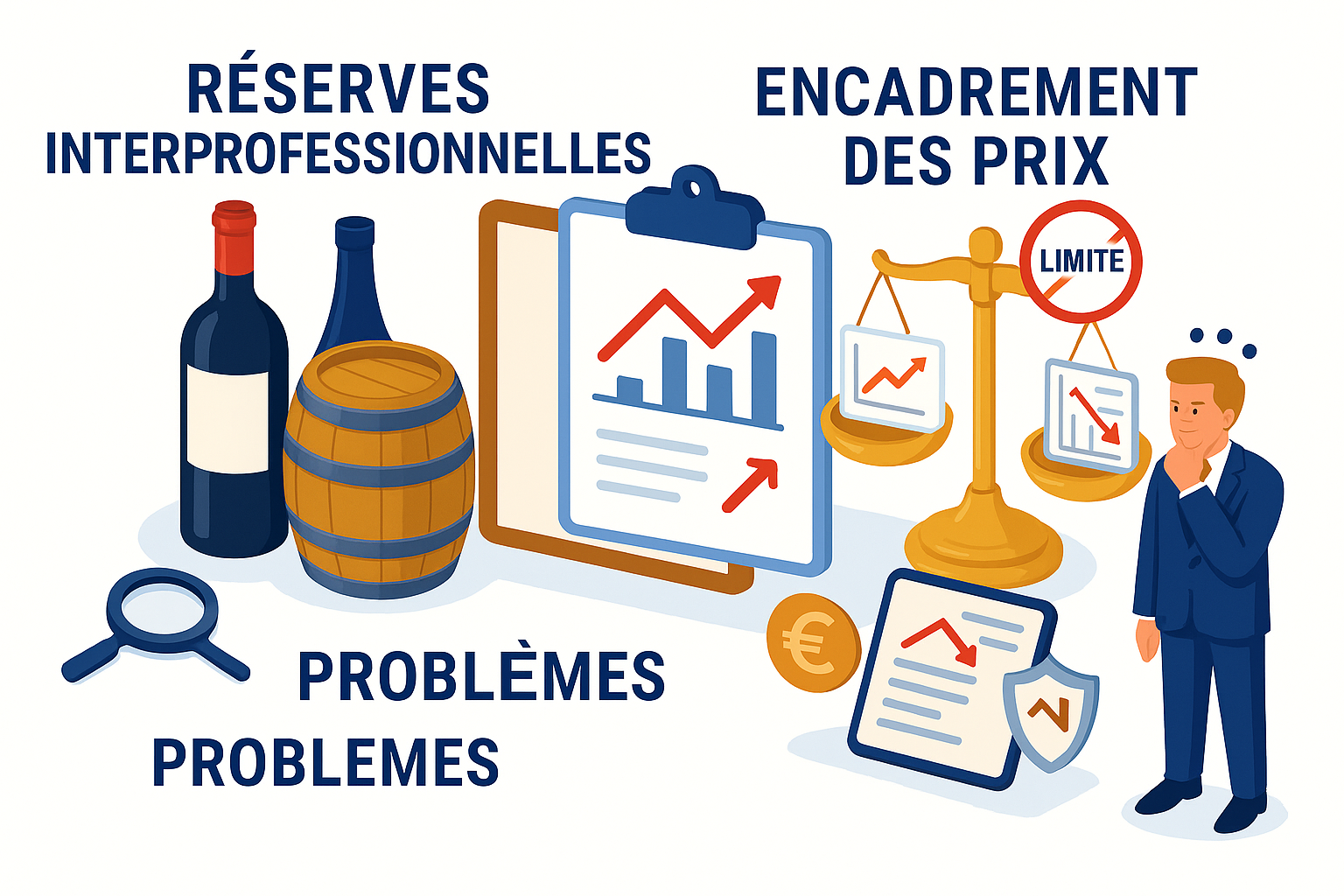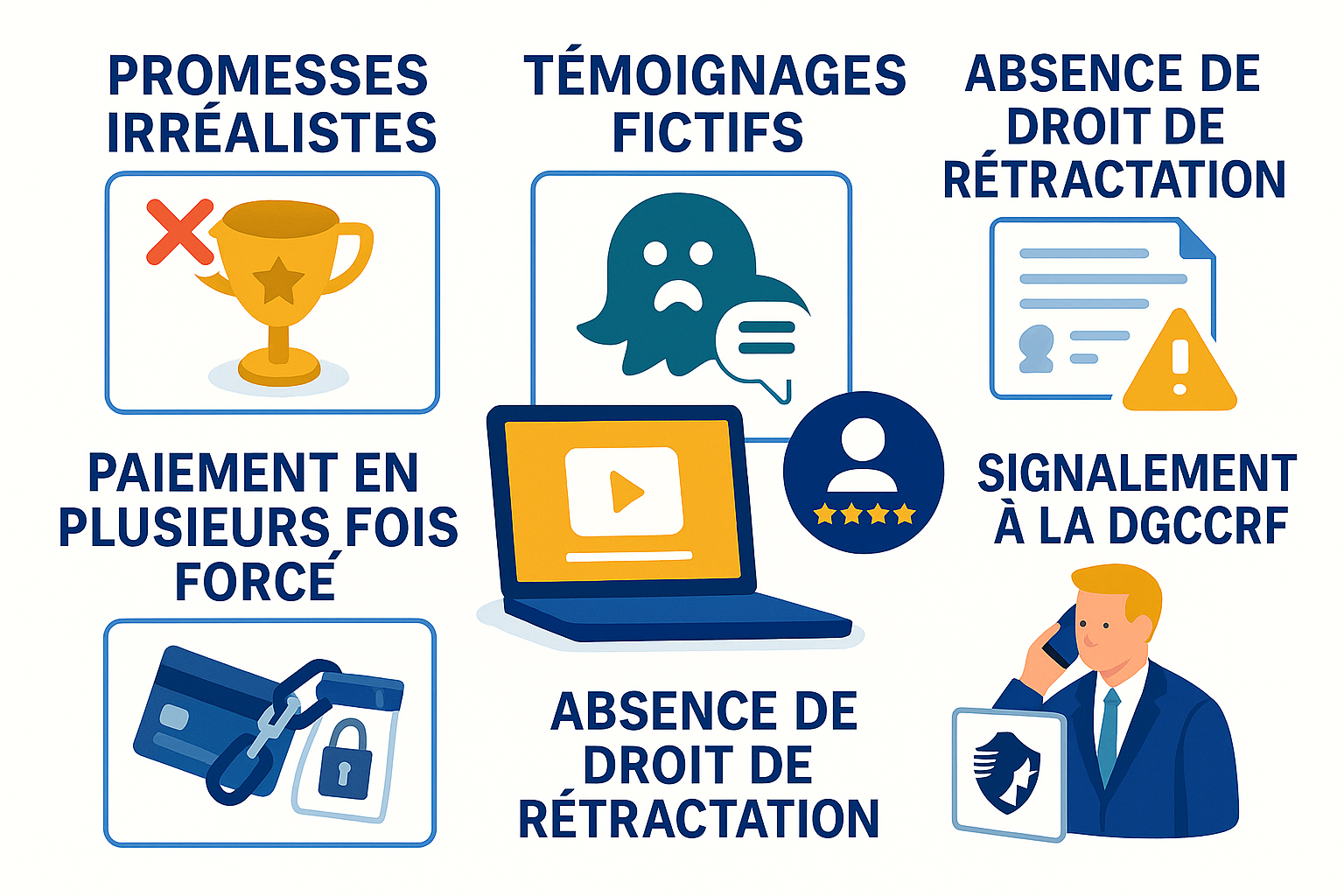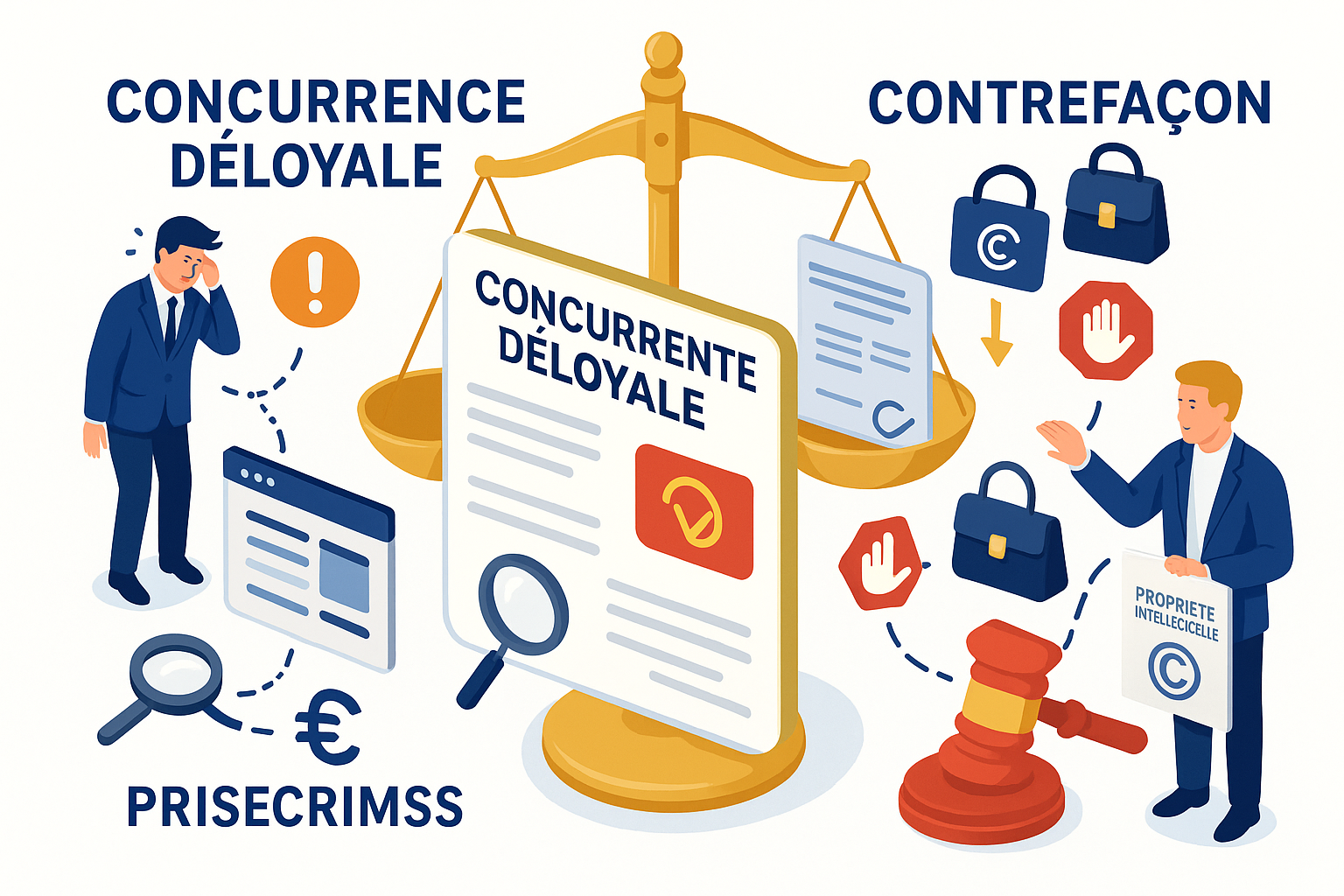
Interprofessional reserves in the wine sector: price regulation under debate
At a time when agricultural markets, and the wine sector in particular, are under pressure
Your competition lawyer can help you avoid illicit cartels or abuses of dominant positions, and advise you on merger control for divestitures and acquisitions.

Competition law is an essential branch of commercial law governing commercial practices and relations between companies. It covers provisions prohibiting anti-competitive practices, abuse of dominant positions, merger control and state aid control.
This is a crucial area for preserving the free play of competition and ensuring fair competition at both national and European level.
Mastering competition law is essential for companies to avoid sanctions and promote fair trade practices.

My first task is to analyze your business practices to ensure compliance with competition law. This includes examining cartels, abuse of dominant positions and restrictive practices.

I support you in the merger control process, helping to prepare notification files for the competition authorities and advising on the strategies to adopt.
This includes analyzing the economic impact of mergers and acquisitions, and managing interactions with the French Competition Authority.

I am involved in managing cases relating to illegal cartels and abuse of dominant positions, providing legal expertise to respond to investigations by regulatory authorities and defending your interests in the event of proceedings.

I support you in implementing competition law guidelines to ensure harmonized communication on the rules to be respected in competition law.

I offer customized training sessions for your teams on aspects of competition law. These sessions aim to develop a better understanding of anti-competitive rules and encourage compliant business practices.

I offer you ongoing legal monitoring to keep you abreast of the latest developments in competition law. I can also advise you on the adjustments you need to make to your practices to keep up with legislative and regulatory changes.
Sanctions imposed by the Autorité de la Concurrence are designed to punish offending companies and deter others from engaging in anti-competitive practices.
They are essential to maintaining market integrity and competitiveness.
In the event of infringements, the Authority can impose financial penalties and/or injunctions, tailored to each specific situation:
These sanctions play a crucial role in regulating the market by ensuring that companies comply with competition rules, thereby ensuring fair and effective competition in the marketplace.

At a time when agricultural markets, and the wine sector in particular, are under pressure

In a context where the Internet has become fertile ground for online education, the

The issues surrounding the protection of intellectual property are crucial in the world of
To ensure compliance with competition rules, it is crucial to understand the prohibitions against illicit cartels and abuse of a dominant position. It is advisable to train your teams on the behaviors to be avoided, and to consult a competition lawyer on a regular basis to review your business practices.
Illegal agreements, such as price fixing or market sharing, are severely punished and can result in fines of up to 10% of your group's worldwide sales. These practices can also seriously damage your reputation and business relationships.
If your company holds a dominant position in a market, it must avoid practices such as imposing unfair prices or limiting market access for its competitors.
To avoid such abuses, it is advisable to regularly analyze your market position and business practices with the help of a competition lawyer.
Before any merger or acquisition, carry out an in-depth analysis of the impact on the competition.
Depending on the sales of the companies involved, it may be necessary to notify the transaction to the competition authorities and obtain their approval. Legal advice is essential when navigating merger control procedures.
State aid control aims to prevent public subsidies from distorting competition.
If your company receives state aid, make sure it complies with EU state aid rules. In the event of a problem, you won't be able to protect yourself against the state in order to justify the regularity of this state aid.
A lawyer can help you assess the legality of the aid received and advise you on the steps to take.